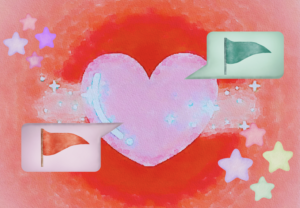Valentine’s Day and flowers go hand in hand, symbolizing love, admiration, and affection. Every February 14th, millions exchange bouquets as heartfelt gestures. But why are flowers the ultimate Valentine’s gift? This tradition dates back centuries and is rooted in history, symbolism, and human emotion. Let’s explore how flowers became a Valentine’s staple and what their colors and types reveal about love.

A Timeless Tradition
Giving flowers as a romantic gesture can be traced back to the Victorian era when people used “floriography,” or the language of flowers, to communicate emotions often left unsaid. Since societal norms discouraged open expressions of love, lovers turned to bouquets to send secret messages. Red roses, for example, symbolized passionate love, while white lilies conveyed purity and devotion. Over time, the tradition spread across cultures, and today, flowers remain one of the most popular Valentine’s Day gifts.
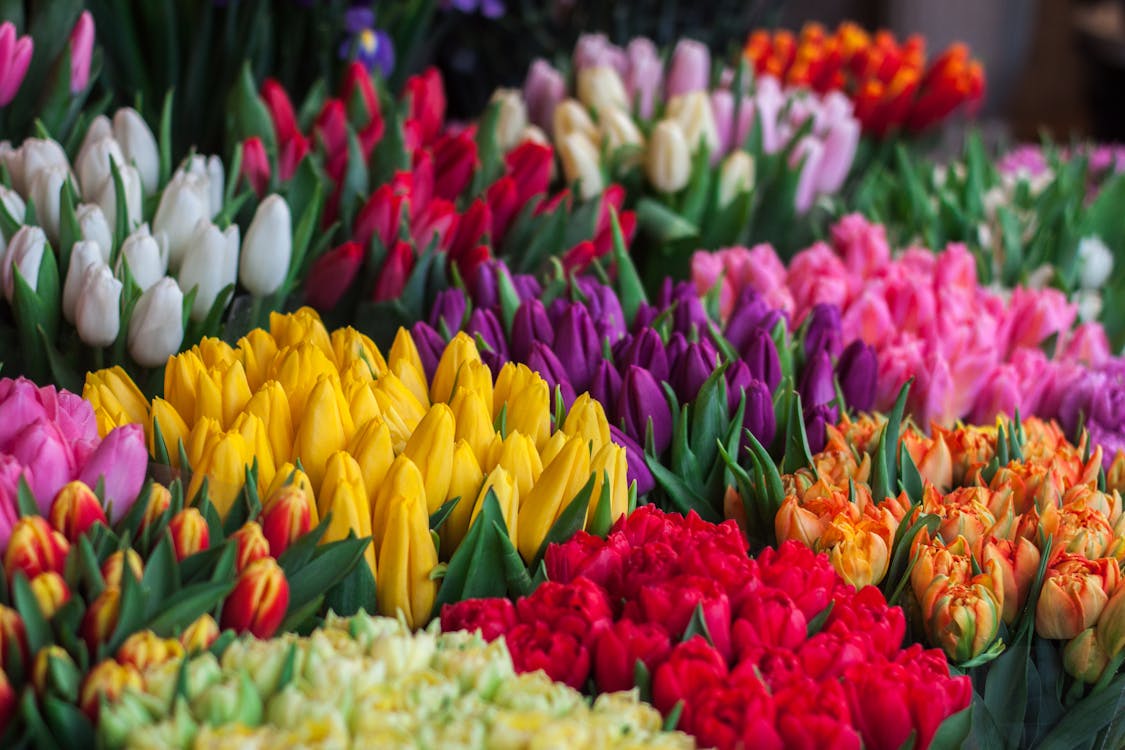
The Symbolism Behind Popular Valentine’s Flowers
Not all flowers mean the same thing. Choosing the right one can add more sentiment to your gift. Here are some of the most commonly given flowers on Valentine’s Day and their hidden meanings:
1. Red Roses – The Ultimate Symbol of Love
If love had a face, it would be a red rose. Red roses have long been associated with passion, romance, and true love. Their connection to Aphrodite, the Greek goddess of love, further solidifies their status as the flower of lovers. A bouquet of red roses is the perfect way to say, “I love you.”
2. Pink Roses – Admiration & Sweetness
Pink roses are charming for those in new relationships or wishing to express admiration. Lighter shades symbolize sweetness and innocence, while darker pinks convey appreciation and gratitude. They are ideal for a budding romance or a heartfelt “thank you.”
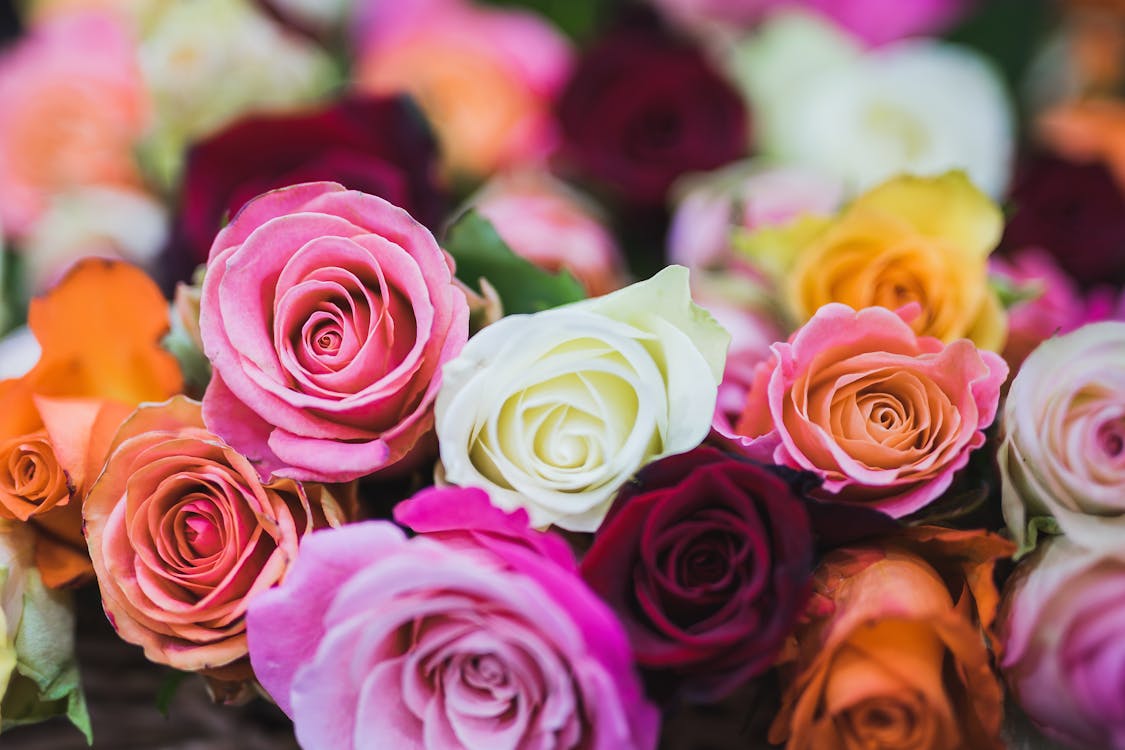
3. White Roses – Pure Love & New Beginnings
White roses represent purity, loyalty, and fresh starts, making them popular for engagements and weddings. A bouquet of white roses sends the perfect message if you want to express a deep, sincere love that goes beyond passion.
4. Tulips – Perfect Love
Tulips are elegant and simple yet incredibly meaningful. Red tulips, in particular, symbolize “perfect love.” Tulips make a sophisticated and heartfelt statement if you want a timeless yet unique alternative to roses.
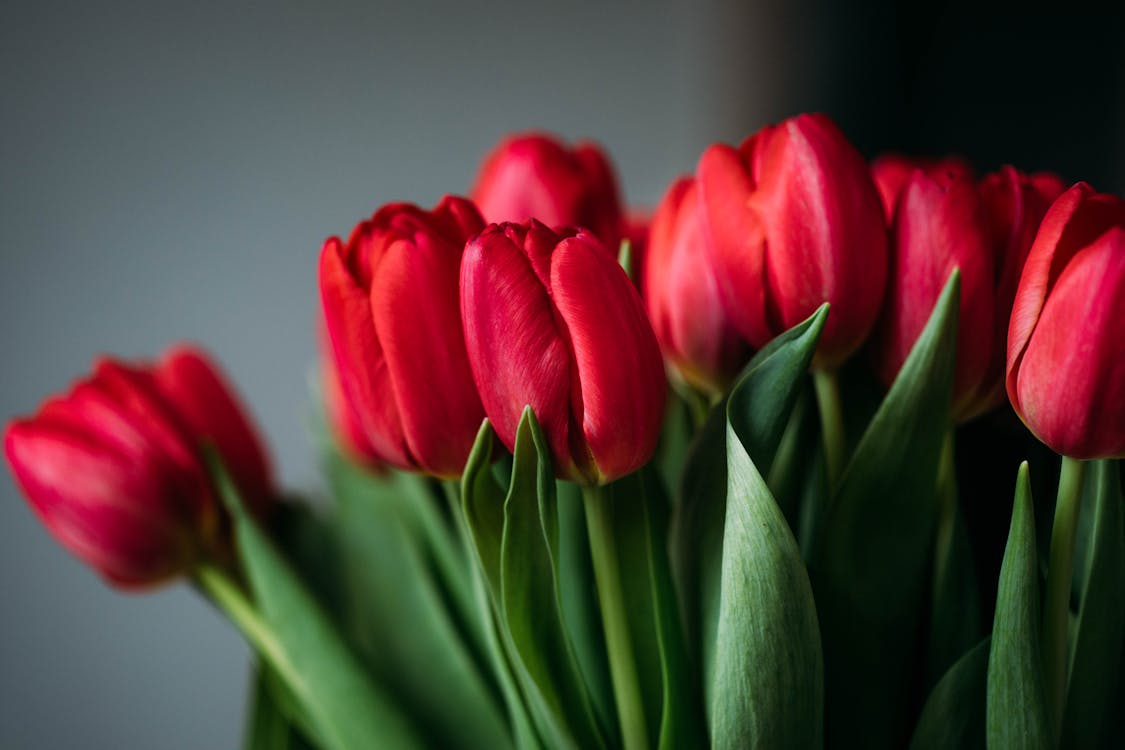
5. Lilies – Devotion & Elegance
Lilies are often associated with refined beauty and devotion. White lilies, in particular, symbolize pure intentions, making them an excellent choice for someone you respect and admire deeply. Stargazer lilies, with their vibrant pink color, signify prosperity and passion.

6. Orchids – Exotic Love & Mystery
For those who want to give something unique, orchids represent luxury, strength, and rare beauty. They symbolize an exotic and mysterious kind of love, making them a perfect choice for someone who appreciates the finer things in life.

7. Sunflowers – Warmth & Loyalty
Sunflowers are a symbol of happiness, warmth, and unwavering loyalty. Sunflowers are perfect for brightening someone’s day and showing how much they mean to you. They are ideal for long-term relationships filled with joy and support.

8. Carnations – Playful & Lasting Love
Carnations are known for their ruffled petals and sweet fragrance. Red carnations symbolize deep admiration and love, while pink carnations represent gratitude and a mother’s love. They are an excellent alternative for those who want to gift something playful yet meaningful.
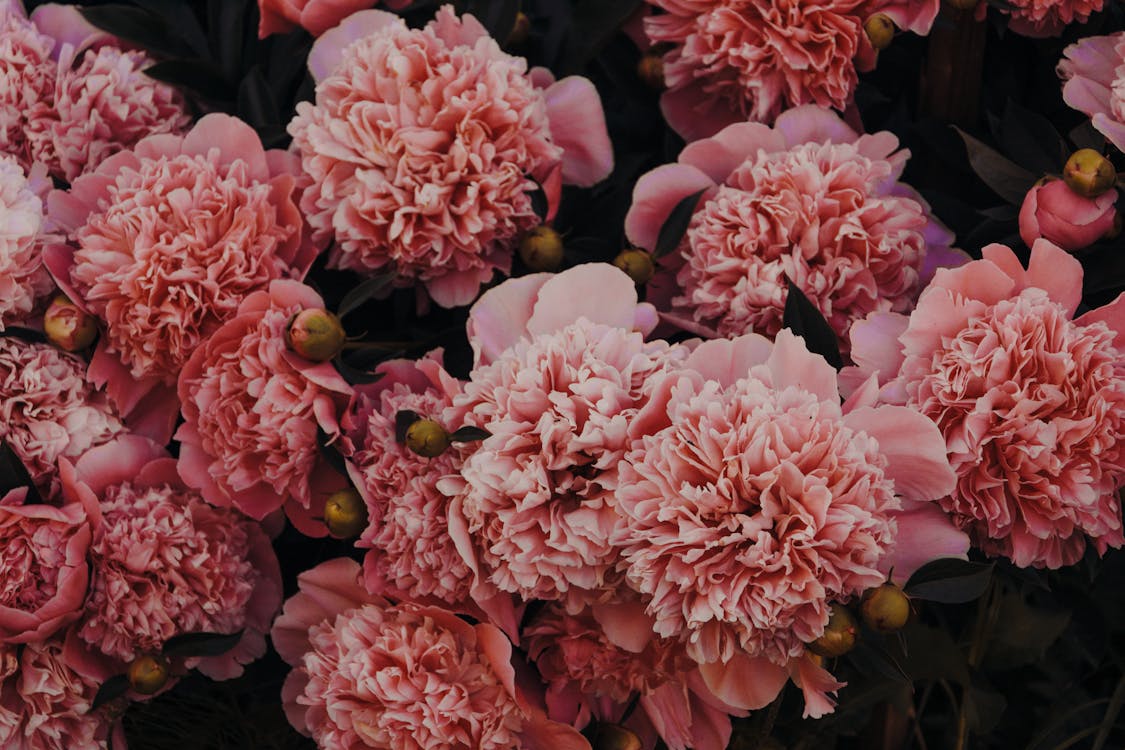
The Power of Flowers in Love
Flowers go beyond mere aesthetics; they are an emotional experience. The colors, scents, and symbolism each bloom carries can make a simple bouquet a profoundly personal and romantic gesture. Whether you opt for classic red roses or a mix of vibrant tulips and lilies, what matters most is the thought behind the gift. After all, in the language of flowers, every petal whispers a message of love.
This Valentine’s Day, let your bouquet do the talking—because sometimes the most beautiful words are the ones that don’t need to be spoken.
Which kind of flower will you give for Valentine’s? Let us know in the comments below.



